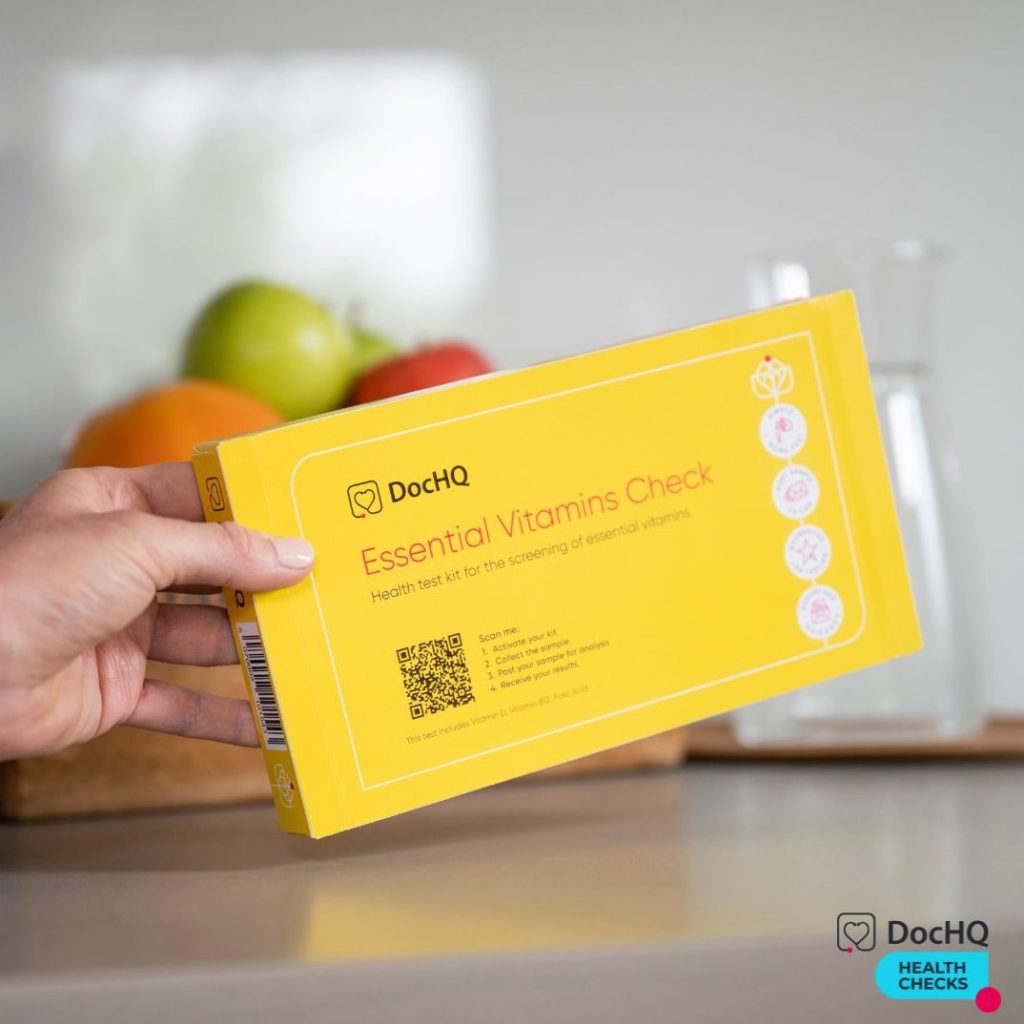Folic acid, also known as vitamin B9, is an essential nutrient that plays a crucial role in various bodily functions, including DNA synthesis, cell division, and red blood cell formation. While it’s widely recommended for pregnant women to prevent neural tube defects in their babies, folic acid offers a range of health benefits for everyone, regardless of pregnancy status.
Folic acid’s benefits beyond pregnancy
1. Prevents neural tube defects, even before pregnancy
Neural tube defects (NTDs) are serious birth defects that affect the brain and spinal cord. Folic acid plays a critical role in preventing NTDs by helping the neural tube close properly during early foetal development. While folic acid is particularly important during pregnancy, it’s essential for women of reproductive age to maintain adequate folic acid levels even before conception.
2. Supports healthy red blood cell production
Folic acid is essential for the production of healthy red blood cells, which carry oxygen throughout the body. Without sufficient folic acid, the body produces abnormally large red blood cells called megaloblastic cells, which are unable to function effectively. This condition, known as folate deficiency anaemia, can lead to fatigue, weakness, shortness of breath and other symptoms.
3. Promotes cardiovascular health
Folic acid plays a role in homocysteine metabolism, helping to lower homocysteine levels in the blood. Elevated homocysteine levels are associated with an increased risk of cardiovascular diseases, including heart attack and stroke. By maintaining adequate folic acid intake, you can help protect your heart health.
4. May reduce cancer risk
Research suggests that folic acid may play a role in reducing the risk of certain types of cancer, such as colorectal cancer. While more research is needed to confirm these findings, maintaining adequate folic acid levels is a prudent step towards overall health and wellbeing.
5. Supports cognitive function
Folic acid is essential for maintaining healthy brain function and cognitive performance. Studies have linked low folic acid levels to an increased risk of cognitive decline and dementia. Ensuring adequate folic acid intake can help support cognitive health and memory as you age.
How to Get Enough Folic Acid
The recommended daily intake (RDI) of folic acid for adults is 400 micrograms (mcg). Folic acid can be found naturally in a variety of foods, including:
- Leafy green vegetables
- Beans
- Legumes
- Nuts
- Fortified cereals
However, it can be difficult to meet your daily folic acid needs through diet alone. Therefore, many experts recommend taking a folic acid supplement to ensure adequate intake.
Essential Vitamins Check: Your At-Home Solution for Folic Acid Testing
If you’re concerned about your folic acid levels, DocHQ’s Essential Vitamins Check provides a convenient and affordable way to test your folic acid levels from the comfort of your home. With this at-home health test, you can check your folic acid levels along with vitamin D and vitamin B12, and receive your results within a few days along with recommendations of what to do next if your levels are low.




